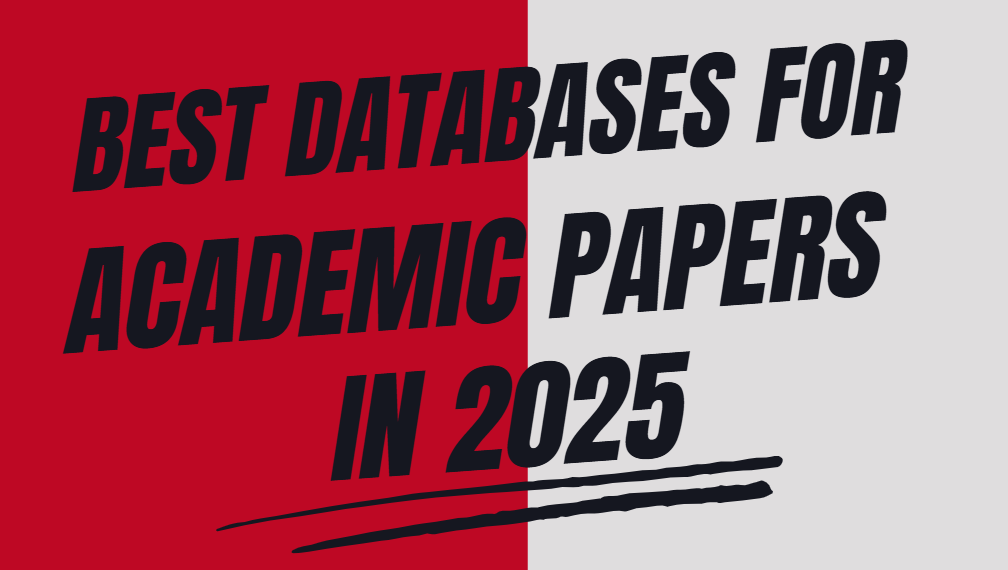07Jan
- Home
- Best Databases for Academic Papers in 2025: Essential Resources for Researchers
- PhD Research Updates
- Best Databases for Academic Papers in 2025: Essential Resources for Researchers

In the realm of academic research, accessing reliable and high-quality sources is paramount. Whether you’re a seasoned scholar, a first-year PhD student, or simply someone looking to delve deeper into scholarly work, knowing the best databases for academic papers is essential. Here, we’ll explore the best databases for 2025, offering insights into their features, strengths, and how they can elevate your research.

PubMed remains the go-to database for researchers in the fields of medicine, biology, and health sciences. Managed by the National Center for Biotechnology Information (NCBI), it offers:
For those in engineering, technology, and computer science, IEEE Xplore is indispensable. This database provides:
Owned by Elsevier, Scopus is one of the largest abstract and citation databases, covering multiple disciplines. It features:
Web of Science is a trusted database for cross-disciplinary research. Key highlights include:
JSTOR is ideal for researchers in humanities, social sciences, and arts. Its offerings include:
As a free and widely accessible resource, Google Scholar is a favorite among researchers worldwide. It offers:
SpringerLink hosts an extensive collection of journals and eBooks across various disciplines. Its features include:
ScienceDirect by Elsevier is another powerhouse for researchers, offering:
ERIC is a must-have for educators and researchers in education and related fields. It provides:
ProQuest is a multidisciplinary database that caters to researchers across various domains. Key features include:
Selecting the right academic database can significantly impact the quality and efficiency of your research. Whether you need access to the latest medical breakthroughs or historical archives, the best databases mentioned above are the top choices in 2025. Combine these best databases with effective research strategies, and you’ll be well on your way to academic success.

Earning a PhD is a monumental achievement, but it’s no secret that the journey to Finish Your PhD Faster... read more

Embarking on a Ph.D. journey in research methodology can be both rewarding and intellectually stimulating. At Kenfra Research Center,... read more

MATLAB Simulink is a powerful software tool that plays a significant role in various research fields, particularly in engineering,... read more
Vectors, RAG are behind a lot of the AI magic RAG (Retrieval-Augmented Generation), and similar techniques are foundational to many AI... read more
WhatsApp us
Leave a Reply